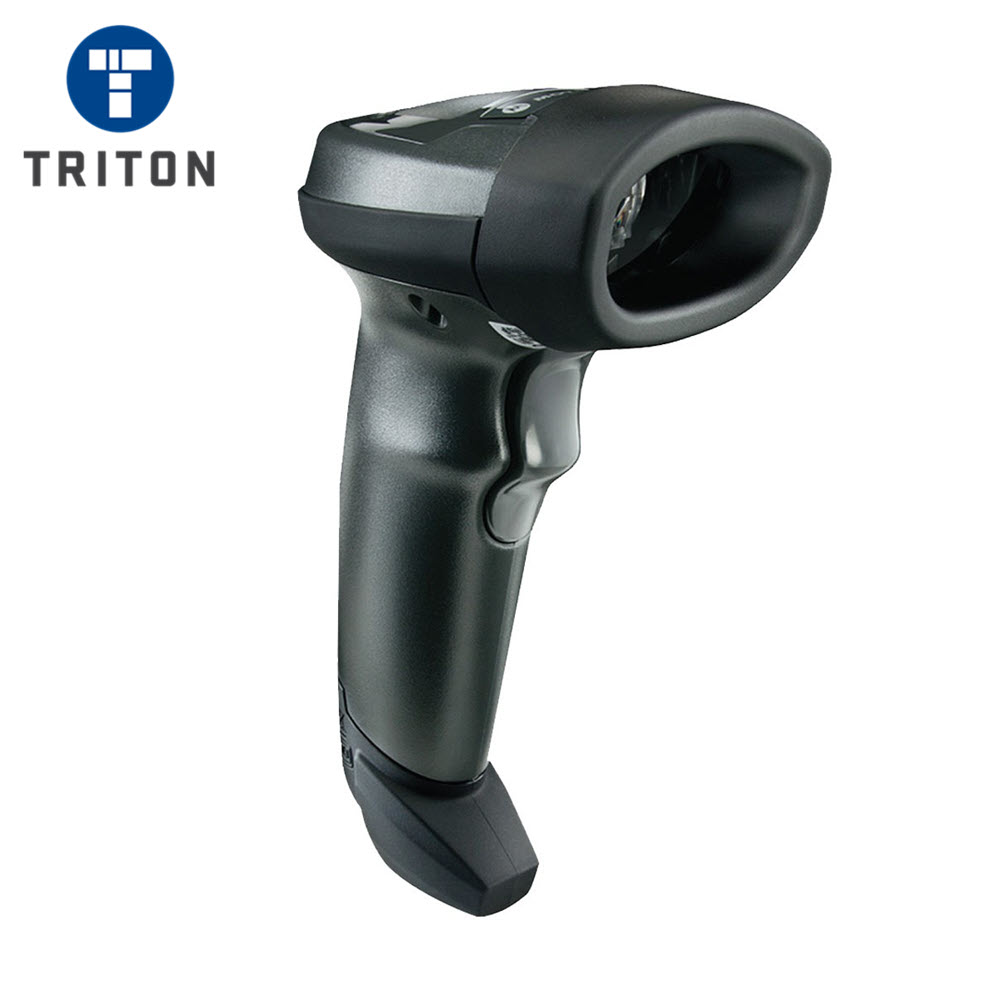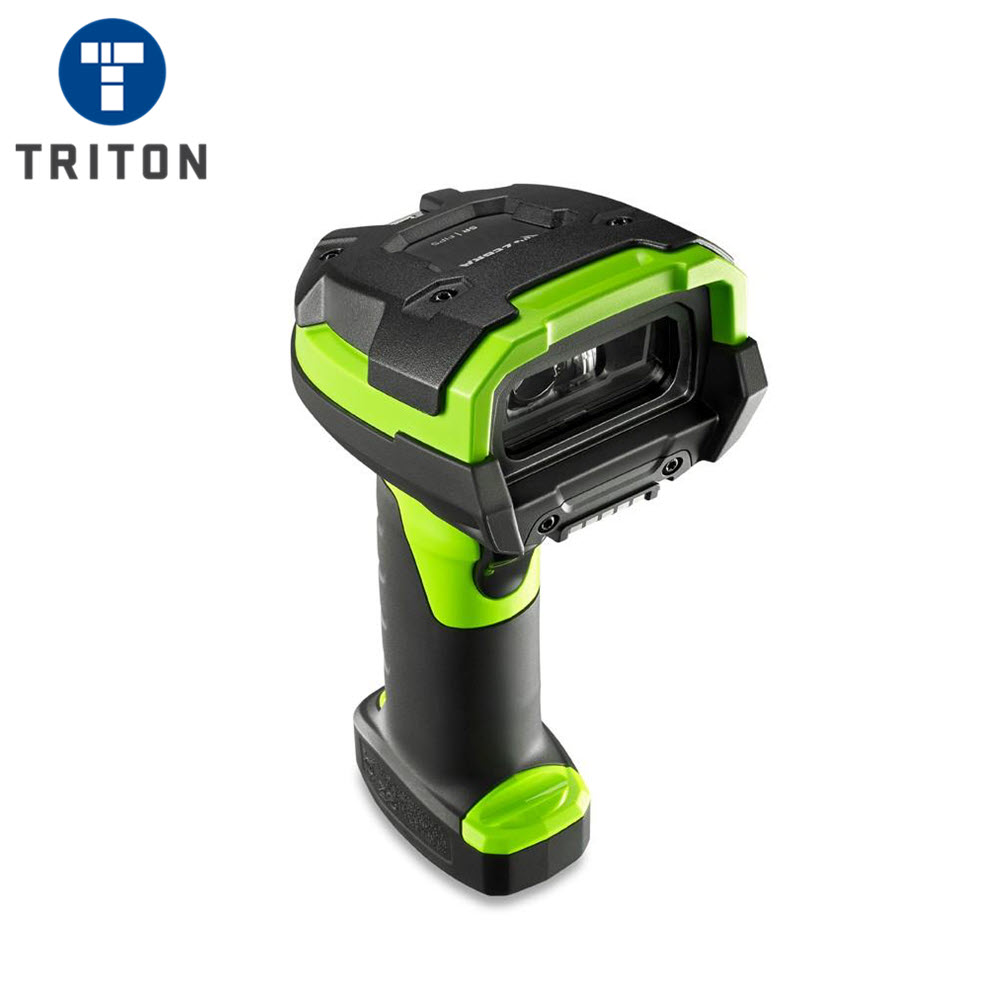Why Barcode Scanners Are Vital for Modern Retail and Warehousing
In the quickly evolving landscape of retail and warehousing, the combination of barcode scanners has actually become a critical element in enhancing operations and boosting accuracy. As businesses strive for affordable advantage, understanding the diverse advantages of barcode modern technology reveals its crucial role in optimizing resource appropriation and fostering durable distributor relationships.
Advantages of Barcode Scanners
Barcode scanners offer many advantages that considerably improve operational efficiency in retail and warehousing environments. The automation of data access processes removes the mistakes typically connected with hands-on input, bring about enhanced precision in stock tracking and sales transactions. With the ability to promptly check products, businesses can quicken checkout times, improving the consumer experience and lowering delay times.
Furthermore, barcode scanners facilitate real-time data collection, enabling instant updates to inventory levels and sales records. This ability enables services to react promptly to adjustments in demand and optimize stock levels, minimizing excess inventory and minimizing stockouts. In addition, the integration of barcode scanners with stock monitoring systems enhances processes such as order satisfaction and item returns, better enhancing functional performance.
By minimizing labor expenses associated with hands-on inventory management and lessening mistakes that can lead to economic losses, barcode scanners contribute to general productivity. Overall, the application of barcode scanners is a calculated financial investment that generates considerable returns in efficiency and operational excellence.
Enhancing Inventory Monitoring
Efficient supply administration is essential for maintaining operational effectiveness in retail and warehousing settings. Barcode scanners play a vital function in this procedure by improving the monitoring of supply levels, product places, and supply movements. By automating data capture, these gadgets reduce human error, resulting in even more precise inventory records.
Making use of barcode scanners enables real-time exposure into stock amounts, permitting companies to make educated choices pertaining to reordering and stock rotation. This immediacy assists stop overstocking or stockouts, both of which can adversely influence consumer contentment and profit margins.
Moreover, barcode scanning promotes reliable supply audits. With quick scanning capacities, team can perform stock checks swiftly, making sure that inconsistencies are identified and fixed immediately. Improved inventory precision not only supports functional performance however likewise enhances connections with suppliers, as accurate data can cause better settlement terms and boosted order satisfaction.

Improving Checkout Performance
As consumers significantly demand quicker and much more effective buying experiences, enhancing checkout procedures has become a top concern for stores. Implementing barcode scanners plays a critical role in this endeavor, substantially improving the deal process. By permitting cashiers to scan items swiftly, barcode technology reduces the time spent on each sale, therefore reducing overall wait times for customers.
Moreover, barcode scanners promote the exact recognition of items, lessening the capacity for mispricing and making certain that consumers are billed correctly. This performance not only boosts customer satisfaction but likewise enhances the merchant's operational performance. With the ability to refine multiple products in quick succession, retailers can deal with high quantities of deals during optimal buying hours without compromising service high quality.
In addition, integrating barcode scanners with point-of-sale systems allows real-time supply updates, providing useful insights into supply degrees. This immediacy additional hints allows retailers to take care of supply better, making certain that popular products continue to be in stock and decreasing the chance of lost sales. Generally, the fostering of barcode scanning innovation is essential for enhancing checkout efficiency, ultimately causing improved client experiences and increased sales for retailers.
Minimizing Human Mistake
In retail and warehousing environments, the implementation of scanning modern technology significantly lowers human mistake during transactions. Traditional manual entrance of item details is vulnerable to mistakes, consisting of incorrect pricing, misidentified items, and information entry errors. barcodes scanners. Barcode scanners streamline this process by automating the capture of item data, ensuring precision and uniformity
By using barcode scanners, workers can promptly check products instead than by hand inputting information. Barcode scanning alleviates these threats by learn the facts here now improving the accuracy of inventory counts and sales records.
Moreover, barcode scanners enhance accountability within the labor force. With clear data tracks created through scanning, inconsistencies can be determined and addressed immediately, promoting a culture of precision. barcodes scanners. The decrease of human error not just boosts functional efficiency yet also develops customer depend on, as buyers get the right items at the right prices. On the whole, the fostering of barcode innovation is a crucial action towards accomplishing operational excellence in retail and warehousing settings.
Future Fads in Barcode Modern Technology
The advancement of barcode modern technology is positioned to change retail and warehousing procedures in the coming years, driven by advancements in automation, information analytics, and mobile assimilation. As sectors increasingly adopt Web of Things (IoT) systems, barcode scanning will end up being important to real-time inventory monitoring and supply chain optimization. Enhanced information analytics capacities will enable services to harness scanned details for predictive analytics, enhancing need forecasting and supply turnover.

Furthermore, the integration of artificial intelligence with barcode technology guarantees to improve processes via smart acknowledgment and mistake discovery. As artificial intelligence formulas analyze checked data, they can give insights that aid avoid stockouts and overstock circumstances.

Final Thought
In final thought, barcode scanners play a pivotal role in modern-day retail and warehousing by improving inventory management, improving checkout efficiency, and substantially lowering human error. The assimilation of barcode technology not only enhances operations however likewise fosters far better distributor relationships and enhances source appropriation. As modern technology proceeds to progress, the future of barcode scanning promises additional advancements that will drive operational performance and success in increasingly open markets.